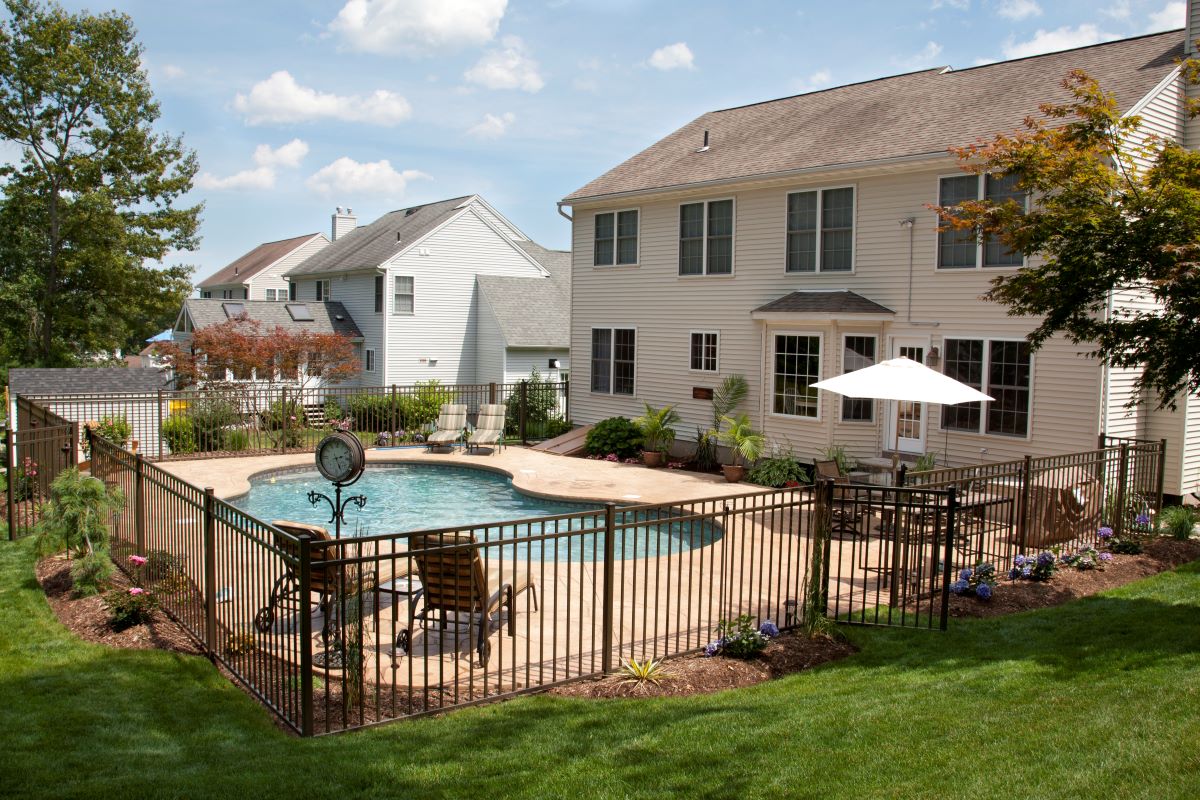

Articles
How Much Value Does A Fence Add To A Home
Modified: October 20, 2024
Discover the true value that a fence can add to your home with our insightful articles. Enhance both aesthetics and security effortlessly.
(Many of the links in this article redirect to a specific reviewed product. Your purchase of these products through affiliate links helps to generate commission for Storables.com, at no extra cost. Learn more)
Introduction
When it comes to the value of a home, there are countless factors that potential buyers consider. From location to square footage, amenities to design, every detail can make a difference in the perceived value. But what about something as seemingly simple as a fence?
Believe it or not, a fence can actually add significant value to a home. In addition to its aesthetic appeal, a well-designed and properly installed fence can offer a range of benefits that can enhance the overall value of a property.
In this article, we will explore the many ways in which a fence can add value to a home. From improving curb appeal to providing privacy and security, a fence can be a worthwhile investment that pays off both in the short and long term.
So, if you’re considering installing a fence or wonder if your existing fence is contributing to your home’s value, read on to discover how this often overlooked feature can make a difference.
Key Takeaways:
- A well-designed and properly maintained fence can significantly enhance a home’s curb appeal, create a sense of privacy and security, and increase the overall value of the property.
- When considering a fence, factors such as design, materials, maintenance, and ROI should be carefully evaluated to ensure a worthwhile investment that not only adds value to the home but also enhances the overall quality of life.
Read more: How Much Does A Patio Add To Home Value
Factors Affecting the Value of a Fence
While it’s true that a fence can add value to a home, it’s important to note that not all fences are created equal. There are several factors that can influence the impact a fence has on a property’s value. Let’s delve into some of these factors:
- Design and Materials: The design and materials used for the fence play a significant role in its value. A well-designed fence made from high-quality materials will undoubtedly increase the overall appeal of a property. Options can range from classic wood fences to modern metal or vinyl designs, each offering its own unique style and level of durability.
- Size and Height: The size and height of the fence can affect its perceived value. While taller fences provide increased privacy and security, they can also create a visual barrier that some buyers may find unappealing. It’s important to consider the specific needs and preferences of your target market when determining the optimal size and height for your fence.
- Condition and Maintenance: The condition and maintenance requirements of a fence can greatly impact its value. A well-maintained fence in good condition will not only enhance the visual appeal but also assure buyers that they won’t need to invest in immediate repairs or replacements. Regular maintenance, such as painting or staining, can help preserve the longevity and appearance of the fence.
- Matching the Style of the Home: A fence that complements the architectural style of the home can significantly enhance its overall value. For example, a contemporary home may benefit from a sleek and modern fence design, while a traditional house may be better suited with a more traditional fence style.
- Local Regulations: It’s essential to consider local regulations and homeowner association guidelines when installing a fence. Non-compliance with these regulations can lead to costly fines or even necessitate removal of the fence, which can negatively impact a property’s value.
By taking these factors into account, you can make a well-informed decision regarding the type of fence that will maximize the value of your home. Now let’s dive into the specific ways in which a fence can add value to a property.
Curb Appeal and First Impressions
One of the most significant ways in which a fence can add value to a home is by enhancing its curb appeal and making a positive first impression on potential buyers. As the first thing that visitors see, a well-designed and meticulously maintained fence can instantly elevate the overall aesthetic of a property.
Aesthetically pleasing fences can create a sense of charm, elegance, and even prestige, depending on the chosen design and materials. A fence that complements the architectural style of the home and matches the surrounding landscape can create a cohesive and visually appealing exterior that catches the eye of passersby and potential buyers.
Moreover, a fence can help define the property’s boundaries in a visually appealing way, providing a clear distinction between neighboring properties. This clarity can add a sense of order and organization, which can be especially appealing to potential buyers who value structure and privacy.
When it comes to enhancing curb appeal, the quality and maintenance of the fence are vital factors. A fence that is in good condition, free from damage or noticeable wear, and properly maintained can significantly contribute to the overall attractiveness of a property.
On the other hand, a neglected or deteriorating fence can have the opposite effect, detracting from the curb appeal and giving the impression of a lack of care or upkeep. In such cases, potential buyers may see the fence as a future expense rather than a value-added feature.
By selecting a fence that enhances the curb appeal and making sure it is well-maintained, you can create a positive first impression on potential buyers and increase the overall value of your home.
Increased Privacy and Security
Privacy and security are important considerations for many homeowners, and a fence can fulfill both of these needs. By installing a fence around your property, you can create a private and secure space that adds value to your home.
A fence provides a physical barrier that prevents unauthorized entry, deterring potential intruders and minimizing the risk of burglary or trespassing. This added layer of security can be a compelling selling point for prospective buyers, especially those with families or valuable possessions.
Furthermore, a fence can also provide a sense of privacy by blocking the view from outside. It can shield your outdoor living spaces, such as patios, decks, or swimming pools, from prying eyes. This privacy is particularly valuable in densely populated areas or locations near busy roads.
Increased privacy can be a significant selling point for potential buyers who value a sense of seclusion, tranquility, and the ability to enjoy their outdoor spaces without feeling exposed to neighbors or passersby.
When considering privacy and security, the design and height of the fence are crucial factors. Taller fences, such as those with solid panels or a lack of footholds, offer greater privacy and enhance security. However, it’s important to strike a balance between privacy and maintaining an open and welcoming feel to your property.
Ultimately, a fence that provides a sense of privacy and security not only adds value to your home but also offers peace of mind for you and potential buyers.
Enhancing Outdoor Living Space
A well-designed and strategically placed fence can transform your outdoor living space into a private oasis, increasing the usability and enjoyment of your property. By creating defined boundaries and screening out unwanted views, a fence can enhance the functionality and aesthetics of your outdoor area.
When it comes to enhancing outdoor living spaces, there are several ways in which a fence can make a difference:
- Creating a Cozy Atmosphere: A fence can help create a sense of intimacy and coziness in your outdoor space. By enclosing your patio or deck with a fence, you can establish a private and inviting area for relaxation, entertaining, and enjoying the outdoors.
- Blocking Unwanted Views: If your property is situated in an area with undesirable views, such as a neighboring building, busy road, or unsightly surroundings, a fence can act as a visually appealing shield. By blocking out these views, a fence can create a more serene and enjoyable outdoor environment.
- Sound Barrier: Depending on the type of fence, it can also act as a sound barrier, reducing noise pollution from nearby roads or noisy neighbors. This can significantly enhance the tranquility and comfort of your outdoor living space.
- Expanding Livable Space: By enclosing an area with a fence, you can effectively expand your livable space. This allows you to create separate zones for different activities, such as outdoor dining, gardening, or play areas for children and pets.
- Opportunity for Landscaping and Decor: A fence can serve as a backdrop for landscaping and decoration, adding beauty and character to your outdoor space. You can hang plants, install decorative lighting, or incorporate artistic elements to further enhance the ambiance.
By enhancing your outdoor living space with a well-designed fence, you not only increase the value of your home but also create a more enjoyable and livable area for yourself and potential buyers.
When considering adding a fence to your home, keep in mind that a well-maintained fence can add value by increasing curb appeal, providing security, and defining property boundaries. However, the value added can vary depending on the type and condition of the fence.
Noise Reduction and Visual Barrier
In addition to enhancing privacy, a fence can also serve as a barrier against noise and visual distractions. This can be particularly beneficial if your property is located near busy roads, commercial areas, or other sources of unwanted noise or views.
Noise pollution can greatly impact the quality of life and enjoyment of a property. However, a well-constructed fence can help reduce the amount of noise that enters your outdoor living spaces. This is especially true for solid fences that effectively block sound waves from reaching your property, providing a quieter and more peaceful environment.
Furthermore, a fence can also act as a visual barrier, obscuring unsightly views and creating a more serene and visually appealing landscape. Whether it’s a neighboring building, an unattractive backyard, or a busy street, a fence can shield your property from these distractions and improve the overall aesthetics of your outdoor space.
By preventing unwanted noise and maintaining a visually appealing environment, a fence can increase the value of your home. Potential buyers who prioritize peace and tranquility will undoubtedly consider these features as valuable assets when evaluating a property.
When selecting a fence for noise reduction and visual barrier purposes, it’s essential to choose a style that is effective in blocking sound and visually appealing. Solid panels or dense materials, such as wood or vinyl, are typically more effective at reducing noise and providing a visual screen.
By investing in a fence that offers noise reduction and a visual barrier, you not only improve the livability of your property but also enhance its value and desirability in the real estate market.
Maintenance and Durability Considerations
When it comes to adding value to a home, durability and low-maintenance features are highly attractive to potential buyers. This is where the choice of fence materials and maintenance considerations become crucial factors in enhancing the value of your property.
Some fences require more maintenance than others. For example, wood fences may require regular staining or painting to maintain their appearance and protect against rotting or warping. On the other hand, vinyl or metal fences often require less maintenance, as they are more resistant to the elements and can be easily cleaned with soap and water.
By investing in a fence material that is known for its durability and low maintenance requirements, you can save both time and money in the long run. Potential homebuyers will appreciate the fact that they won’t have to allocate additional resources to repair or maintain the fence after purchasing the property.
Furthermore, the durability of the fence is also a critical factor in determining its value. A sturdy and long-lasting fence not only adds aesthetic appeal but also provides a sense of security and reliability. Buyers want to feel confident that their investment in a property includes a fence that will stand the test of time.
Before installing a fence, consider the climate and environmental conditions in your area. For example, if you live in an area prone to high winds or extreme weather, you might want to choose a fence material that can withstand these conditions without significant damage.
Additionally, it’s important to ensure the fence installation is done properly. A professionally installed fence will not only provide better durability but also increase the value of your property.
By selecting a fence material that is durable and requires minimal maintenance, you can add value to your home and appeal to potential buyers who appreciate the convenience and long-term cost savings.
Cost and Return on Investment
When considering any home improvement project, including the installation of a fence, it’s important to assess the cost and potential return on investment (ROI). While a fence can undoubtedly add value to your home, it’s essential to weigh the upfront costs against the long-term benefits.
The cost of installing a fence can vary depending on factors such as the size, materials, design, and installation method. It’s crucial to establish a budget and research different options to find the balance between quality, affordability, and value.
Keep in mind that a well-designed and high-quality fence is more likely to have a positive impact on your property’s value. While it may require a higher upfront investment, it can yield greater returns both in terms of financial value and buyer appeal.
When considering ROI, it’s important to look at the local real estate market and the preferences of potential buyers in your area. In some neighborhoods, a fence may be considered an essential feature, while in others, it may be more of a luxury. Understanding the local market dynamics will help you determine the potential return on your investment.
Additionally, factors such as the condition, material, and design of the fence will also impact its ROI. A well-maintained and visually appealing fence is more likely to attract buyers and command a higher selling price.
It’s worth noting that a fence can offer additional benefits that indirectly contribute to ROI. These benefits include increased privacy, improved security, enhanced outdoor living spaces, and noise reduction. These intangible advantages can make your property more appealing to potential buyers and potentially influence their decision to purchase.
Ultimately, the ROI of a fence installation will depend on various factors, including the initial cost, the local real estate market, and the specific preferences of potential buyers. It’s important to conduct thorough research, consider all the relevant factors, and make an informed decision that aligns with your budget and long-term goals.
Conclusion
A fence can be a valuable addition to any home, providing a range of benefits that can enhance its overall value. From improving curb appeal and creating a positive first impression to offering increased privacy, security, and noise reduction, a well-designed and well-maintained fence can make a significant difference.
Factors such as the design, materials, size, and condition of the fence all play a role in determining its impact on a property’s value. A fence that complements the architectural style of the home, offers durability, and requires minimal maintenance will be more likely to add value in the eyes of potential buyers.
In addition to the tangible benefits, a fence can also contribute to the livability and enjoyability of outdoor living spaces. By creating defined boundaries, blocking unwanted views, and providing a sense of intimacy, a fence enhances the functionality and aesthetics of the property.
Cost and ROI consideration are also important when deciding on a fence. While there is an initial investment involved, a well-designed and properly installed fence can yield a positive return in terms of financial value and overall buyer appeal.
In conclusion, a fence can be a worthwhile investment that adds value to your home. By carefully considering the design, materials, maintenance needs, and ROI, you can make an informed decision that not only enhances the value of your property but also enhances your overall quality of life.
So, whether you’re looking to sell your home in the future or simply want to create a more appealing and functional outdoor space, a fence can be a valuable asset.
Frequently Asked Questions about How Much Value Does A Fence Add To A Home
Was this page helpful?
At Storables.com, we guarantee accurate and reliable information. Our content, validated by Expert Board Contributors, is crafted following stringent Editorial Policies. We're committed to providing you with well-researched, expert-backed insights for all your informational needs.
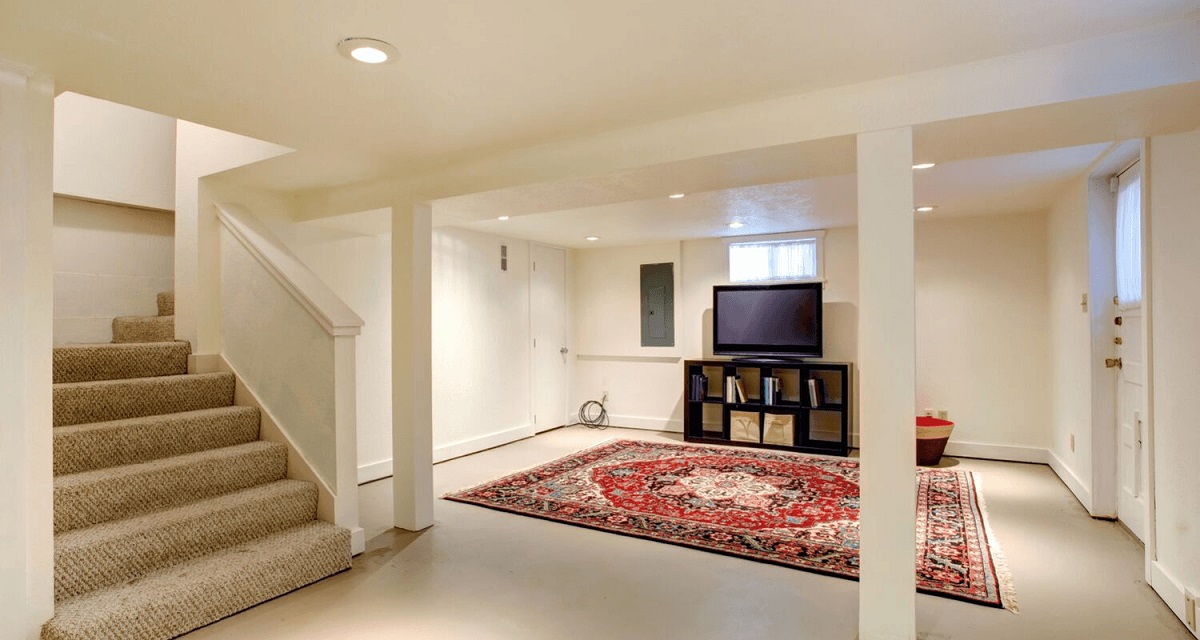
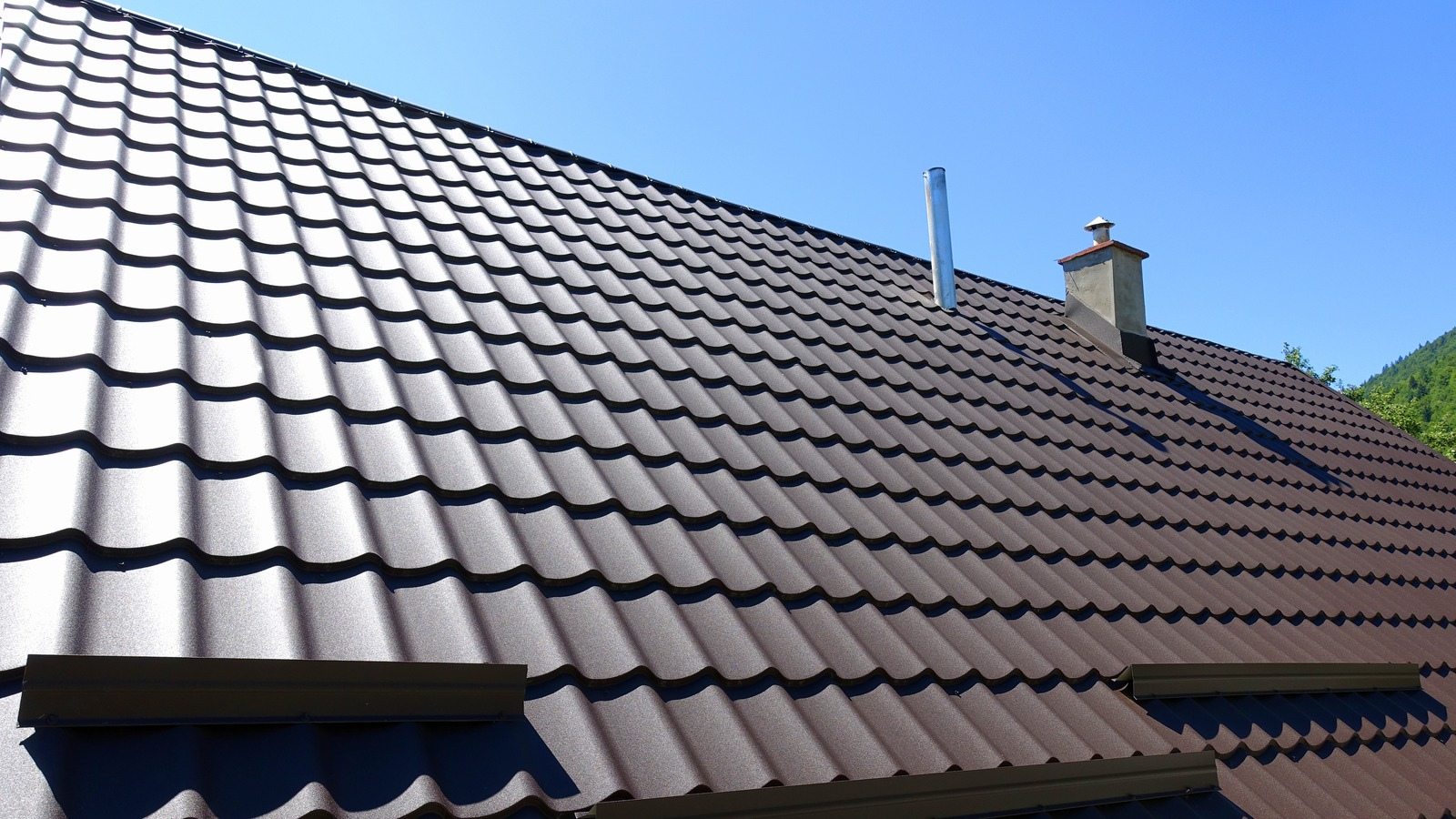
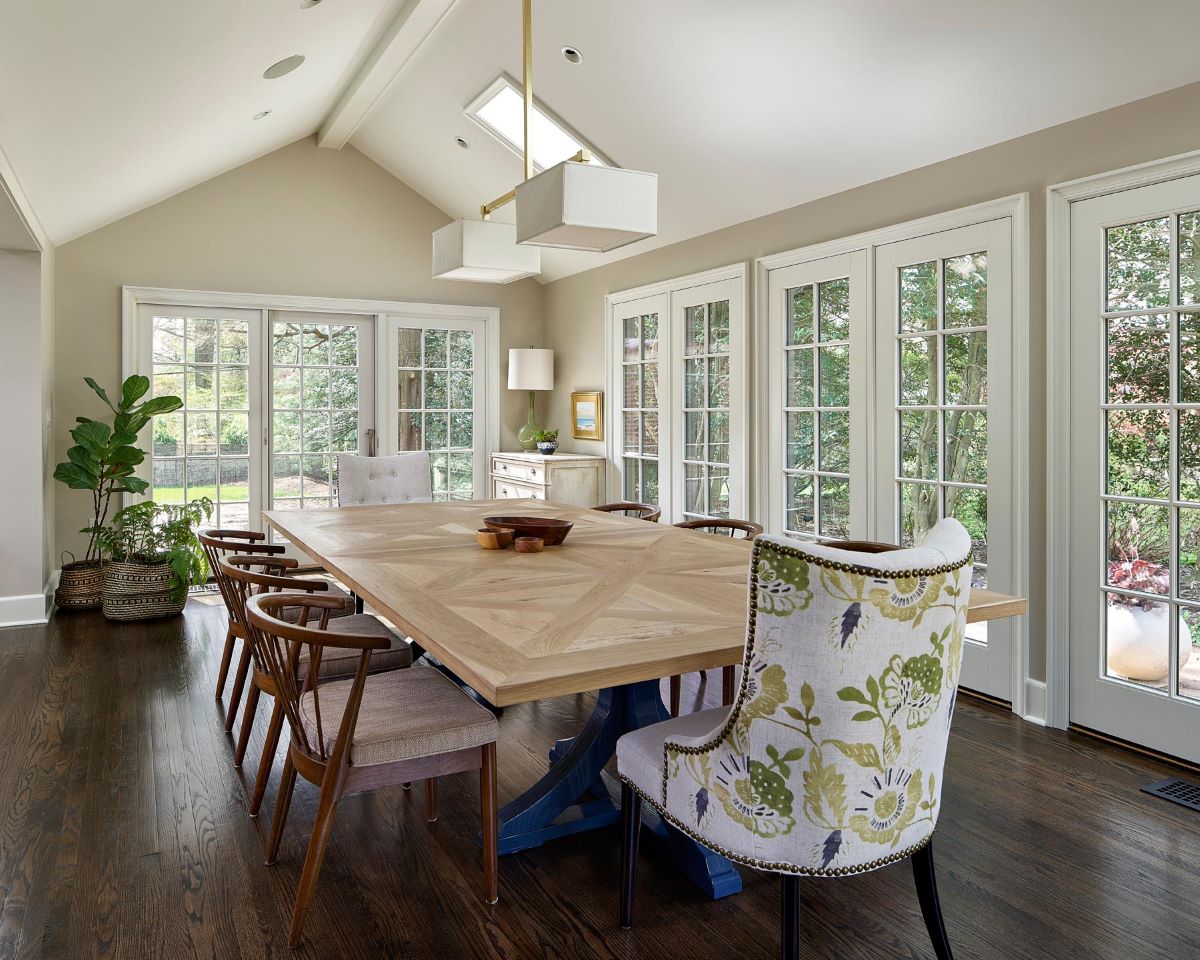
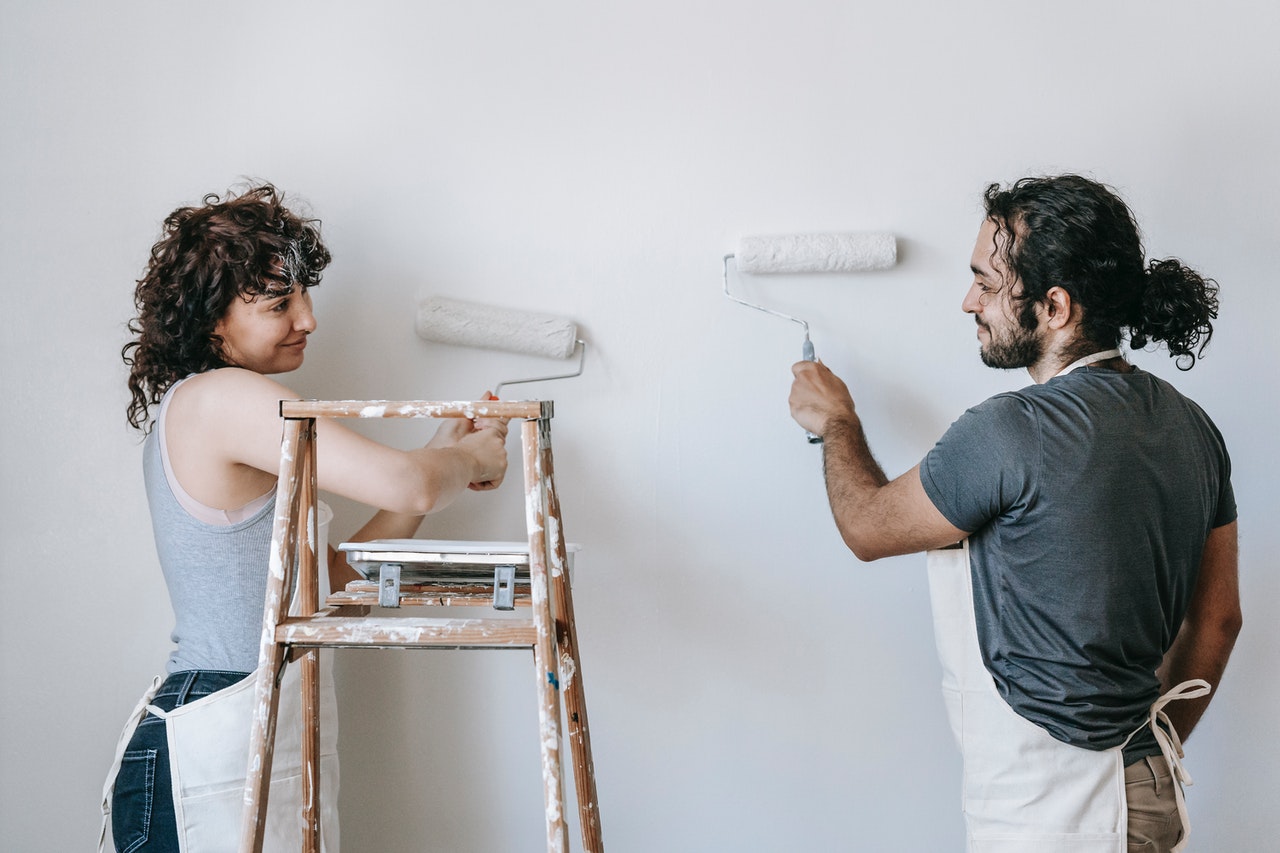
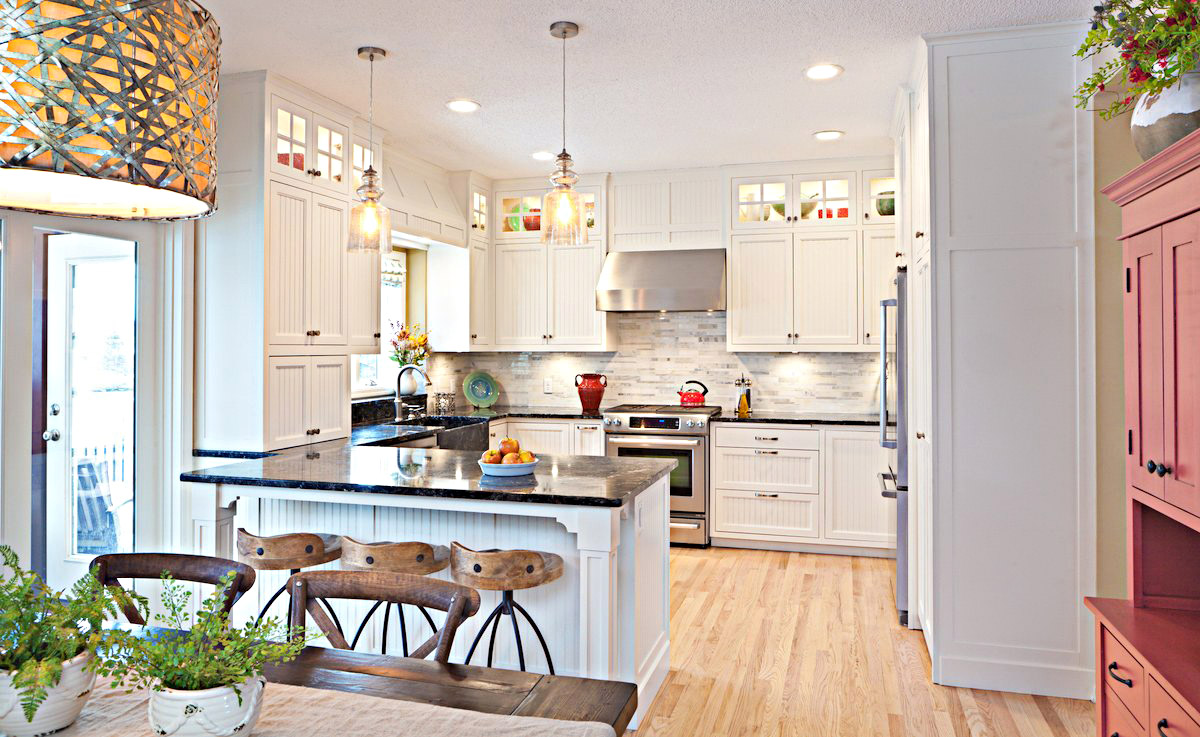
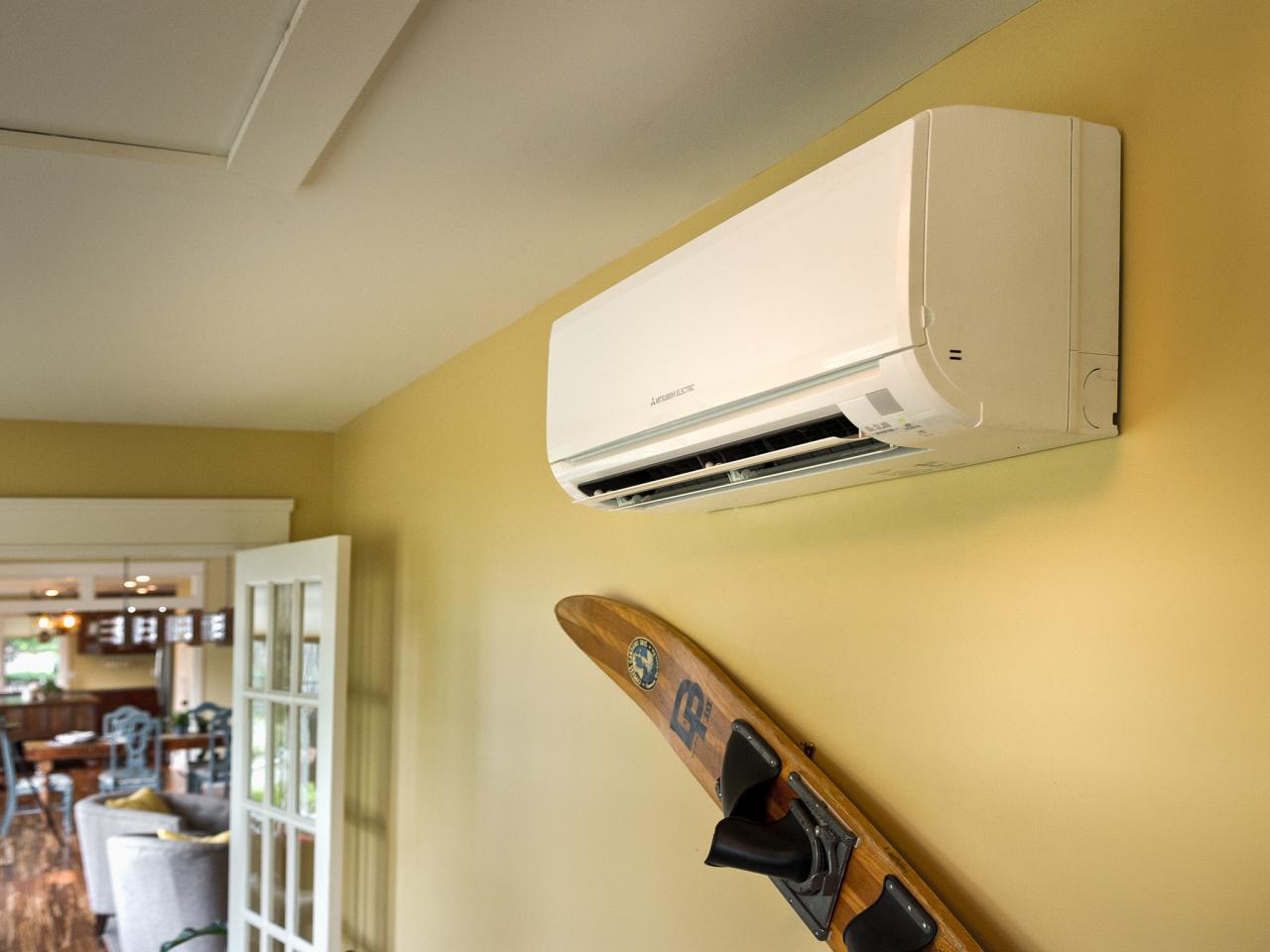
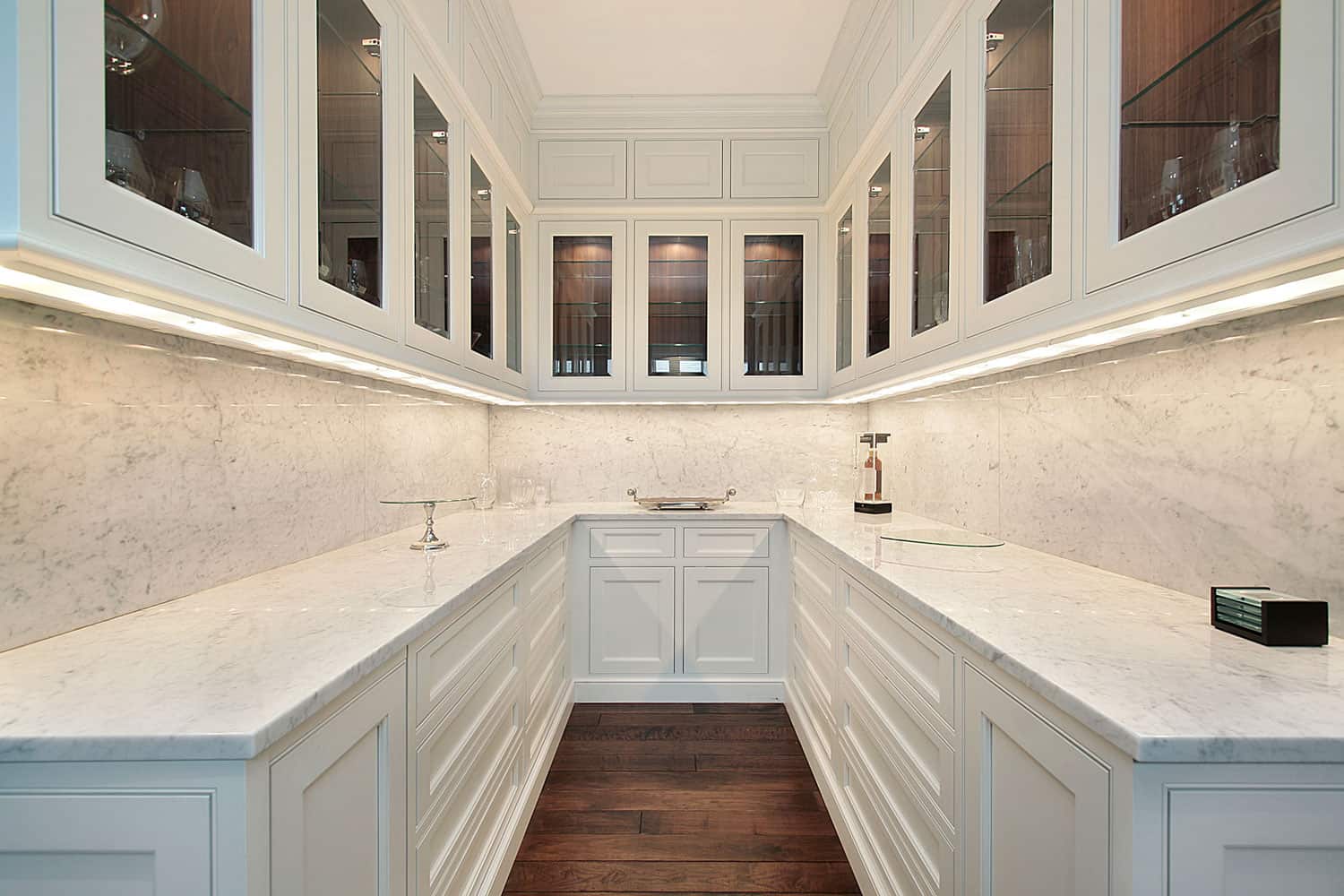
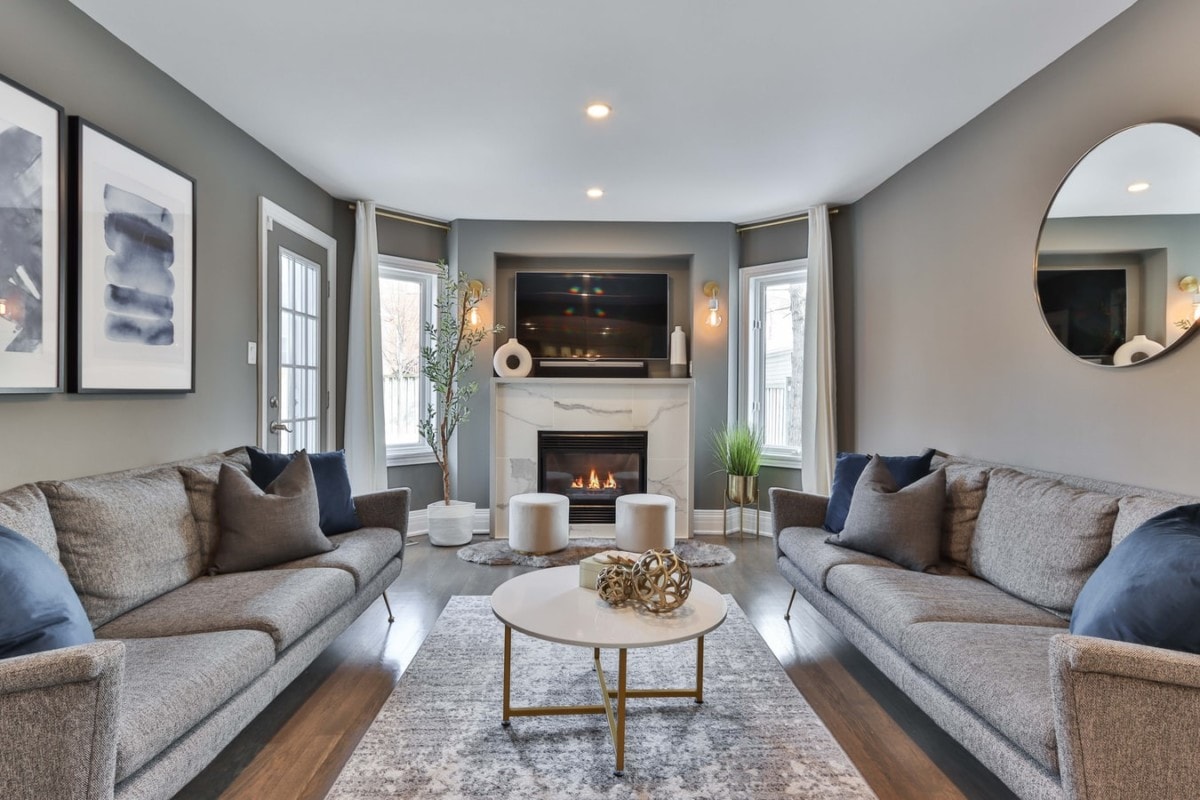
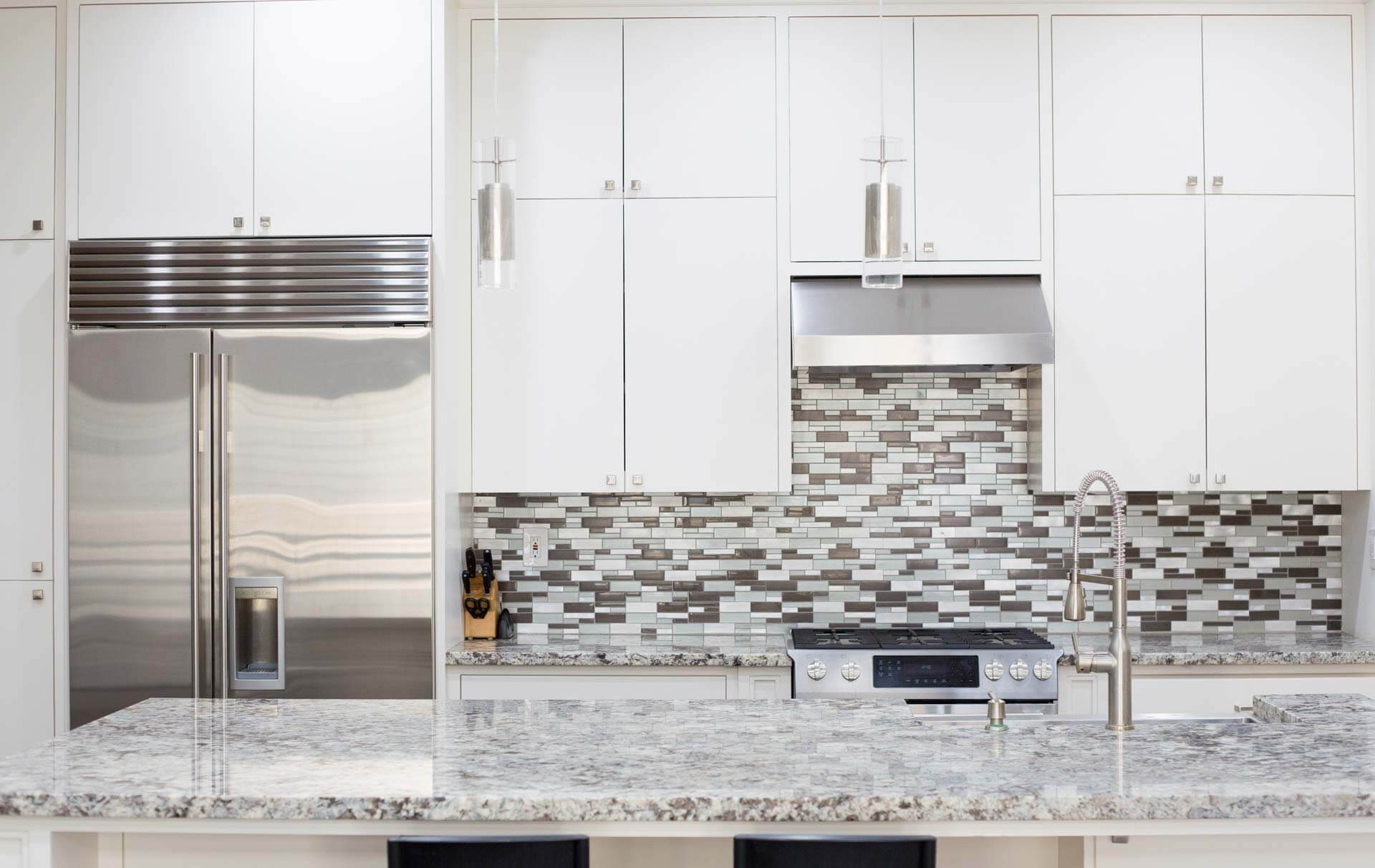
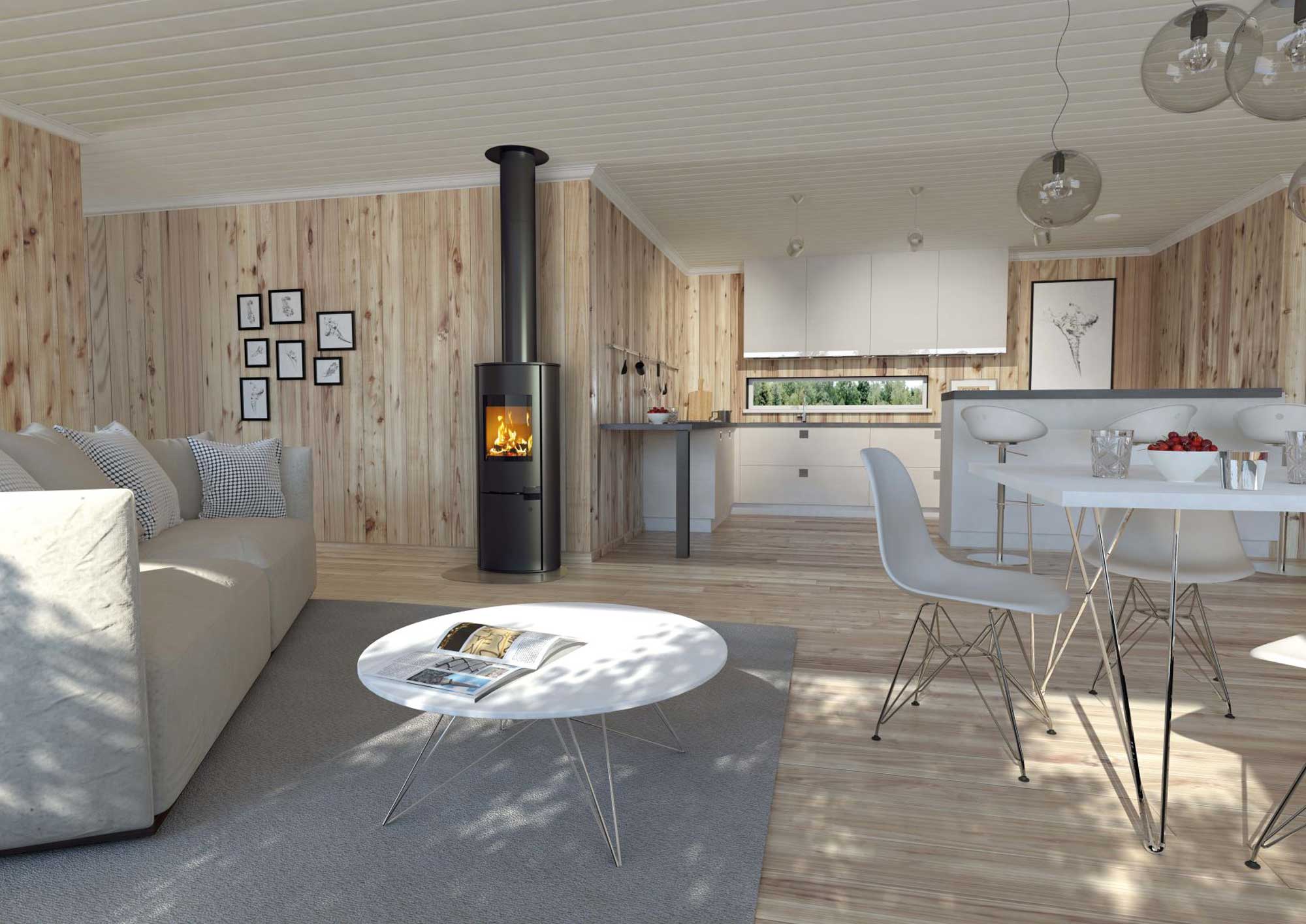
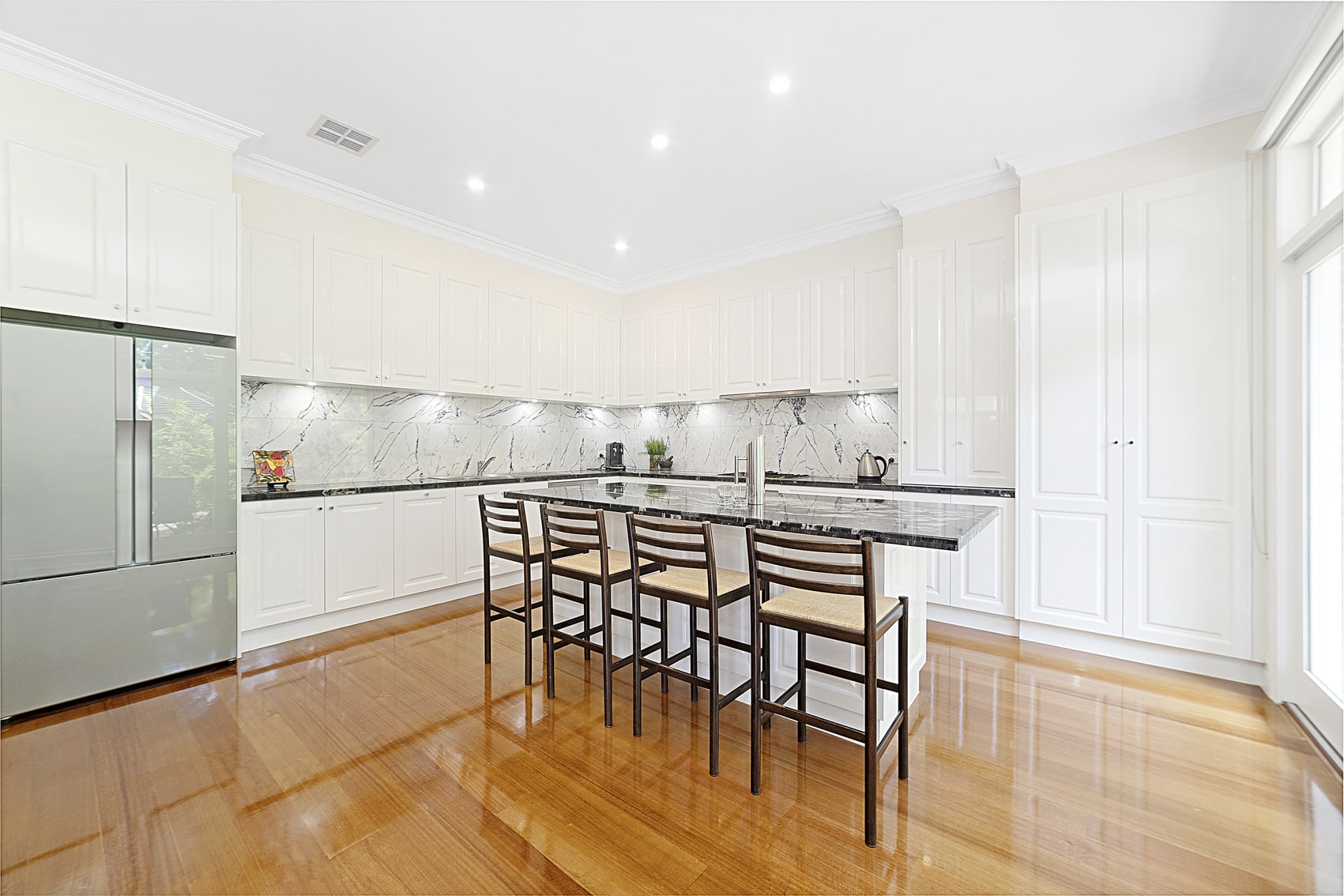

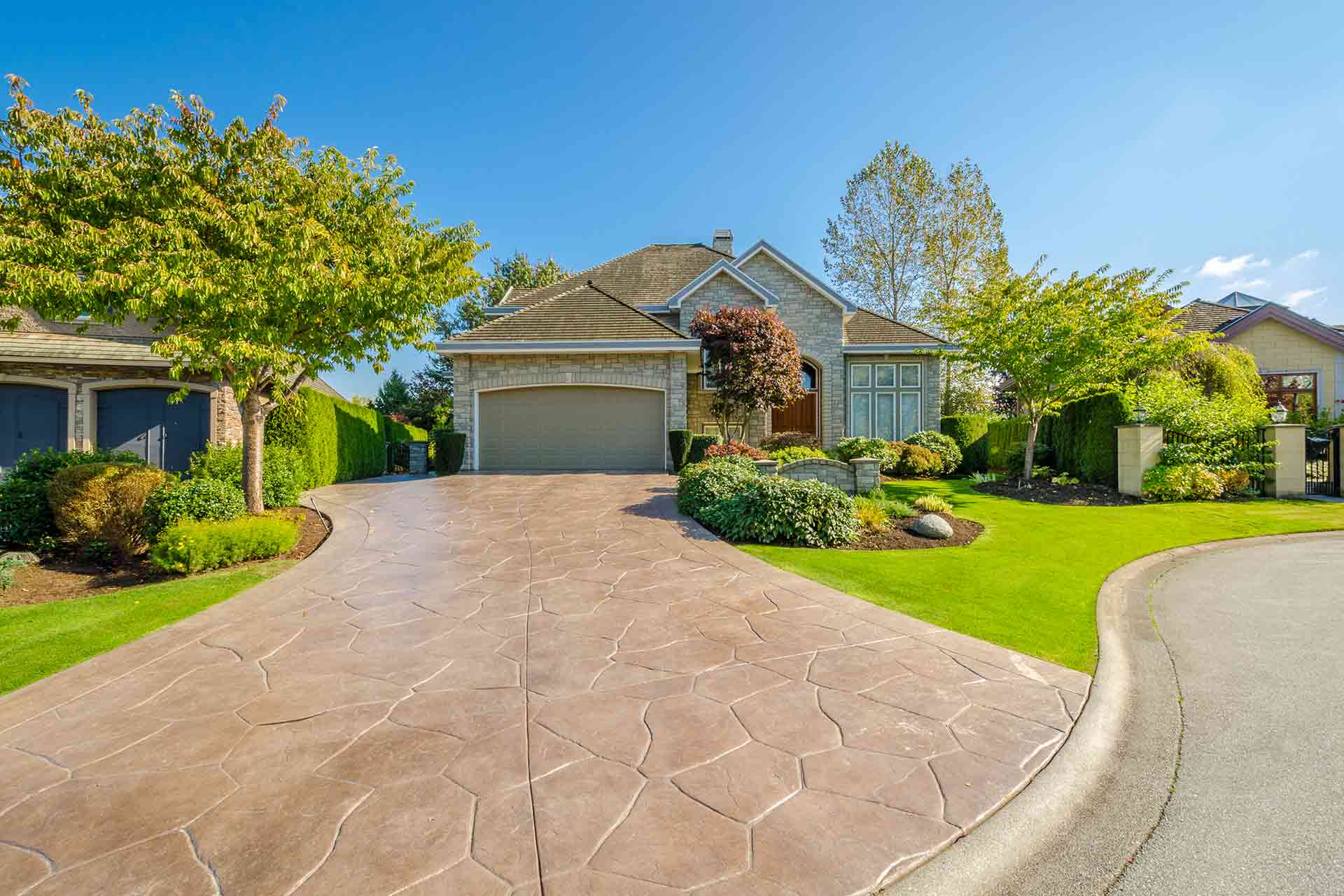


0 thoughts on “How Much Value Does A Fence Add To A Home”